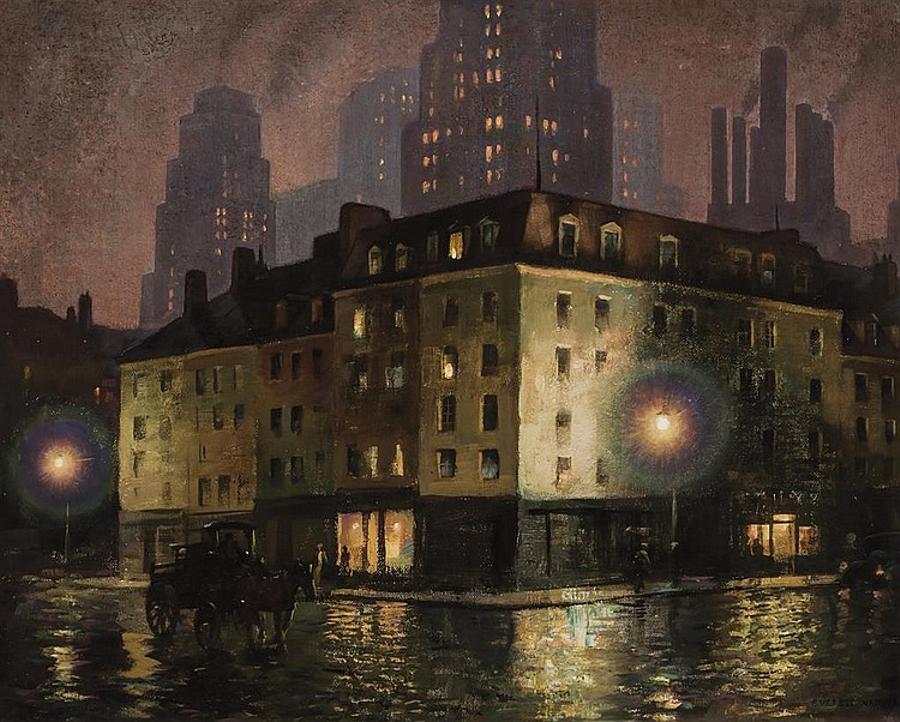Mens Sine Deo [Latin] – Mind Without God
The universe is not only stranger than we imagine, it is stranger than we can imagine. - J.B.S. Haldane
The Essence of Secular Spirituality
Secular spirituality is the pursuit of meaning, purpose, and transcendence without reliance on divine beings or supernatural beliefs. It finds the sacred in the human experience—in the awe of a starry sky, the depth of philosophical reflection, or the bonds of community. Rooted in reason and emotion, it embraces the idea that life’s animating essence, akin to the ancient concept of breath or vitality, can be explored through the lens of the natural world. Secular spirituality offers a path for those who seek connection and wonder outside religious frameworks, balancing personal fulfillment with universal questions about existence. This exploration delves into its principles, practices, and role in a modern, diverse world.
Foundations of Secular Spirituality
At its core, secular spirituality is about finding depth in the mundane, seeing the extraordinary within the ordinary. It draws from the human capacity for wonder, much like ancient philosophies that pondered the cosmos without invoking gods. For example, humanism emphasizes the inherent dignity of individuals, fostering a sense of purpose through ethical living. Practices like mindfulness, stripped of religious roots, cultivate awareness and presence. The concept of a life force—echoed in terms like pneuma (Greek for breath)—resonates here, not as divine but as the vitality of consciousness or nature. Secular spirituality thrives in its flexibility, appealing to those who value reason yet crave transcendence.
Practices and Expressions
Secular spiritual practices are diverse, often blending science, philosophy, and art. Mindfulness meditation, derived from Buddhist traditions but adapted for secular contexts, helps individuals find peace in the present moment. Philosophical inquiry, inspired by thinkers like Sartre or Camus, explores existential questions about meaning and mortality. Nature-based activities, such as hiking or stargazing, evoke awe akin to spiritual reverence. Even creative pursuits—writing poetry, composing music, or engaging in storytelling—become conduits for transcendence, allowing individuals to connect with something larger than themselves. These practices emphasize personal exploration over prescribed rituals.
Key Elements of Secular Spirituality
- Mindfulness: Cultivating awareness through meditation or reflection.
- Humanism: Emphasizing human potential and ethical responsibility.
- Nature Connection: Finding transcendence in the natural world.
- Creative Expression: Channeling meaning through art, music, or literature.
Diversity Across Contexts
Secular spirituality spans a wide range of cultural and intellectual landscapes. In Western contexts, it often aligns with humanism, as seen in organizations like the American Humanist Association, which promote ethics without theology. In Eastern-inspired practices, secular Buddhism focuses on meditation and compassion, detached from metaphysical claims. Atheists and agnostics might find spiritual fulfillment in scientific discovery, marveling at the universe’s complexity as revealed by cosmology or biology. Even community gatherings, like Sunday Assemblies, mimic religious fellowship without supernatural elements, fostering connection through shared values. This diversity reflects secular spirituality’s adaptability to individual and cultural needs.
Strengths and Challenges
The strength of secular spirituality lies in its inclusivity, welcoming those who reject religious dogma yet seek meaning. It bridges reason and emotion, offering practices grounded in science or philosophy while addressing the human longing for connection. However, its lack of structure can lead to ambiguity, with some critics arguing it risks becoming shallow or overly individualistic. Without shared beliefs, secular spirituality may struggle to foster the deep community ties found in religious traditions. Balancing personal freedom with collective purpose is a key challenge, as is ensuring depth in a world often driven by fleeting trends.
The Personal and the Collective
Secular spirituality thrives in both solitary and communal settings. A lone meditator might find peace in a quiet moment of reflection, while a group of humanists might gather to discuss life’s big questions. Practices like journaling or volunteering blend personal growth with social impact, echoing the universal quest for purpose. For example, environmental activism often carries a spiritual dimension, as individuals feel connected to the planet’s ecosystems. This duality—personal introspection paired with collective action—mirrors the broader human impulse to seek meaning, whether through faith or reason.
Secular Spiritual Practices Across Cultures
- Mindfulness Meditation: Focused attention to cultivate presence, popular in secular Western contexts.
- Philosophical Inquiry: Exploring existential questions, inspired by thinkers like Epicurus or Nietzsche.
- Nature Immersion: Activities like forest bathing, rooted in Japanese shinrin-yoku.
- Community Gatherings: Secular assemblies fostering connection without religious doctrine.
Secular Spirituality in a Modern World
In an era of rapid scientific advancement and cultural diversity, secular spirituality offers a framework for navigating life’s complexities. It aligns with modern values like autonomy and skepticism, appealing to those who find traditional religion limiting. Yet it also draws from ancient wisdom, reinterpreting concepts like the life force as the spark of human consciousness or natural processes. For the seeker, secular spirituality is a journey of discovery, blending reason, wonder, and creativity to forge meaning in a universe that is both vast and intimate.
Bridging to Broader Exploration
Secular spirituality, with its emphasis on human experience, is one facet of humanity’s quest for transcendence. While it contrasts with religious spirituality’s divine focus, it shares the same impulse to connect with something greater. The series continues by exploring other paths—mystical, metaphysical, and nature-based—each offering unique insights into the human soul. For those charting their own course, secular spirituality provides a foundation of reason and awe, inviting further inquiry into the diverse expressions of human meaning-making.









